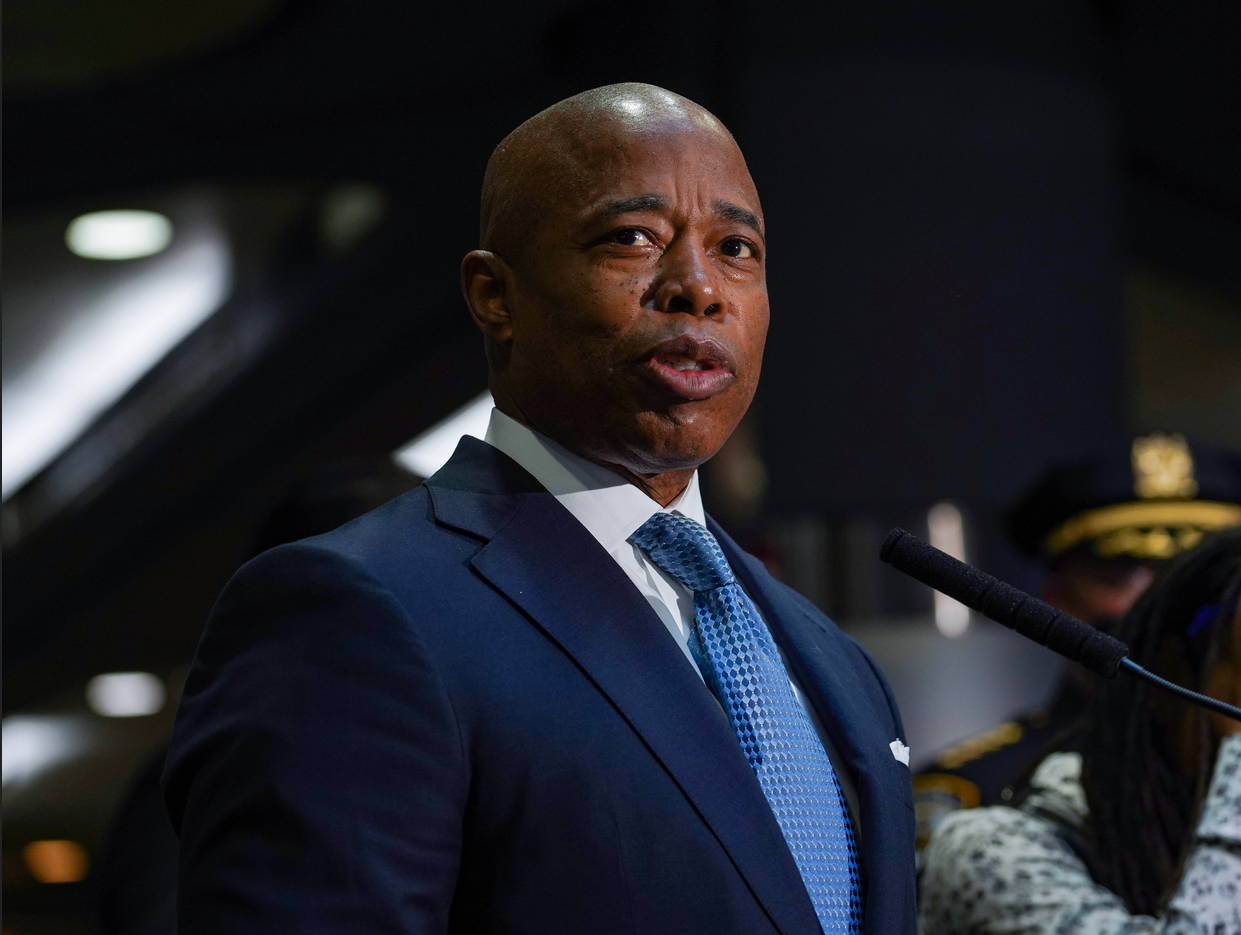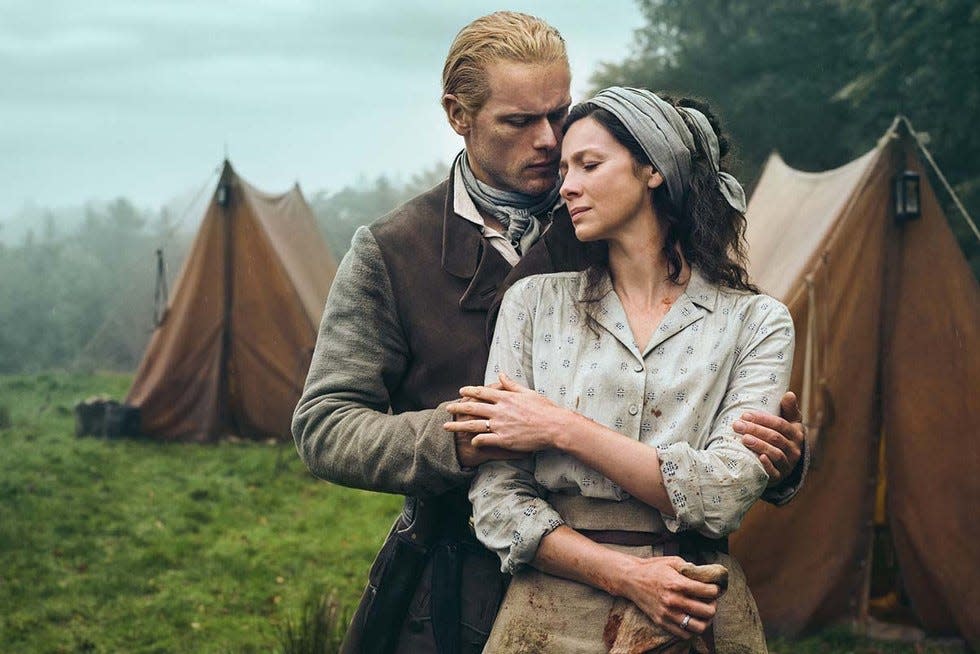[Books]
Q: When we think of celebrities and aid groups like the United Nations donating millions of dollars to countries in Africa, we don’t think of this as harmful. Can you explain how sometimes even well-intentioned aid can go wrong?
A: Well, there’s mismanagement, corruption, spending money on the wrong things—including themselves, in some of the biggest salary packages not just in Africa but the world—but the big problem, I think, is how we think of ourselves in this. Somehow we’ve lost sight of who the subject is in this story. It’s the guy on the ground. It’s not the guy giving him help. It’s not about your good intentions. Who cares about how nice a person you are? But somehow the act of giving has come to dominate the act of receiving. Perhaps the easiest way is to think about this is in mathematical terms. If you find extraordinary and laudable purpose in assisting others, realize that by doing so you are taking away the exact same amount of purpose from those you help. Charity, at least our current idea of it, is a double-edged sword. By trying to assist someone, you can also diminish them—by taking away their ability to direct their own lives. In the end, you take away their freedom.
Q: What do you consider the most common—and the most harmful—misconceptions about Africa?
A: The image of the starving baby is the worst. It’s been there for 50 years and it’s not just woefully inaccurate—the vast majority of Africans are no hungrier than [people] anyone else in the world—it also tends to denote really bad reporting. Does anyone do a follow-up story on that baby a year or a decade later, when they’re not starving? When they’re back in school or have a job or [are] at university? No. But they’ll use that historic, and now inaccurate, picture again and again. That’s why I open the book on the 2011 famine in Somalia. That was a famine caused by the deliberate action of the U.S., with the (reluctant) complicity of all the major Western aid agencies. A quarter of a million people died. A horrific war crime. Just as amazing, I wrote about what happened at the time, at length, but the misperceptions about Africa are so strong that almost nobody heard. Everyone kept on repeating the same old story of hopeless Africans and kindly foreigners. And it was the opposite. It was ruthless foreigners and annihilated Africans.
Q: You’ve been a foreign correspondent for over two decades, and have covered so many places. What inspired you to write this book about Africa?
A: I noticed that despite my efforts in hundreds of dispatches—and those of numerous colleagues, too—the truth about Africa wasn’t getting out. Sometimes even to my own editors. The reason, I think, is because the voices of everyday Africans are drowned out by the story of Africa told by foreign aid agencies and humanitarian groups. I felt the former, which is a story about change and possibility, was far more interesting. But the aid group story was just far louder. I guess I’m hoping a book will carry a certain volume.
Q: In your book, you interview everyone from famous figures like George Clooney, to South African President Jacob Zuma, to the citizens directly involved with dangerous tragedies like the kidnappings by Boko Haram. Which interviews stood out to you the most?
A: Some of the Somali Islamists I spoke to risked a lot to talk to me, and were incredibly honest about how they saw the world. Hanging with Paul Kagame, the President of Rwanda, for five days and watching him work was an extraordinary privilege. I was pretty pleased I managed to talk to cocaine smugglers. And Clooney was fun. Fun and smart. He completely understands the dilemmas facing humanitarianism and was quite candid about the challenges.
Q: Did you encounter any particular oddities or difficulties in writing this book?
A: It’s based on eight years of reporting across Africa, sometimes from some of the continent’s remoter parts, so, yes, that comes with some logistical challenges. To be honest, those are also part of why I do this kind of work. Figuring out how to get in somewhere, working the possibilities, getting some kind of result—that can be pretty good fun.
Q: What is the biggest struggle Africa faces today?
A: Having defeated ruling powers, Africans are now fighting a ruling perception.
Q: What surprised you most in writing this extensive history of Africa?
A: How linear some of the narrative is. We’ve been screwing up in Africa, and in exactly the same way, almost from the moment we arrived in the fourteenth century.
Q: What do you hope people will take away most from reading The Rift?
A: To be honest, I hope it blows their minds. I want them to take away a very different, vastly more intricate and nuanced view of Africa—and maybe a different view of themselves, too.






